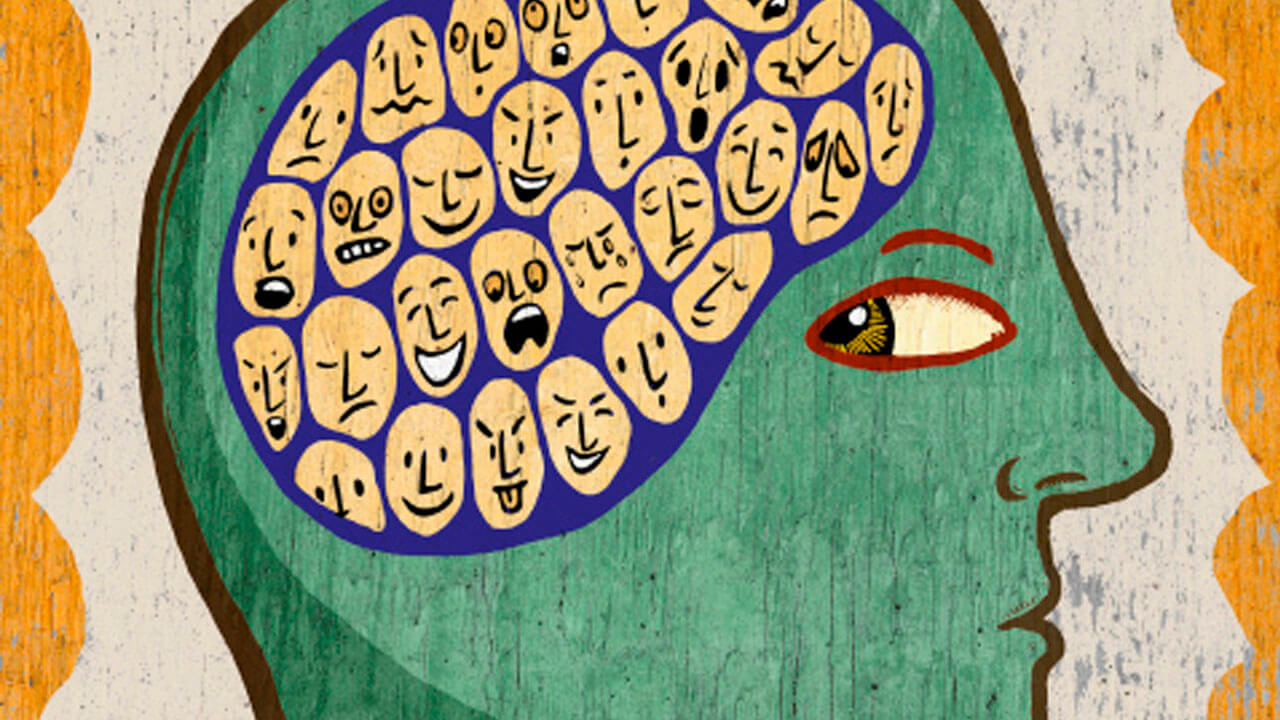Recognizing and analyzing the influence of culture on behavior is key to understanding why we act the way we do. That said, despite the fact that society plays an important role in our behavior, as a rule, we’re inclined to think that our actions have a purely biological origin.
However, human behavior isn’t only mediated by genetic or biological factors but also by social and cultural factors. The latter are those that give uniqueness to our actions. This is why people’s behavior varies from one country to another, even though the situations may be the same.
In this article, firstly, we’ll briefly review culture and its characteristics. Then, we’ll analyze how it influences behavior.
Culture
It isn’t possible to understand the influence of culture on behavior if we don’t first define the concept of culture and its characteristics. Indeed, having a clear definition is essential for understanding how it affects us at a behavioral level.
According to the Online Etymology Dictionary, the word culture comes from the Latin, cultura, which means cultivating or, figuratively, to care. In this sense, culture refers to the act of cultivating knowledge and education in a people. We could say that it’s the cultivation of individuals in a society.
In more formal terms, culture can be understood as a set of shared ideas, meanings, and values acquired by individuals in a society. Francisco Morales, in his book, Psicología Social (Social Psychology) defines culture as that which is transmitted or socially constructed. In effect, the constellation of practices, skills, ideas, schemes, symbols, values, norms, institutions, goals, and rules.
The characteristics of culture
Working from the previous definitions and from an article published in the journal, Entorno, the main characteristics of culture are as follows:
- It assimilates. From before we’re born we’re influenced by culture.
- It’s something that’s done, it’s not innate to a culture.
- It isn’t instinctive or biological.
- It’s dynamic and progressive.
- It varies from one society to another.
Although it differs from one community to another, we can define certain components that culture has in common. In fact, the Humanities Encyclopedia states that all cultures share:
- Symbols that are recognizable by the entire community.
- A particular language.
- A way of being.
- Belief systems that give direction to individuals’ lives.
- Values and norms that regulate behavior.
- Customs like music, food, etc.
- Collective celebrations.
You might also like to read:
Cultural Appropriation -What Is It?
The influence of culture on behavior
Culture impacts behavior in different ways. Its influence isn’t reduced to a single course of action. On the contrary, it appeals to different components and activates certain behavioral patterns. Let’s take a look at some of them and how they affect us.
Culture and symbols
As human beings, we create a collective reality, a world overflowing with meanings, interpretations, and sensations. According to Morales, to do so, we take the elements of social life (gestures, postures, looks, etc) and turn them into symbols.
The influence of culture on behavior occurs through the symbolic representations that we build and share as social beings. These manifestations imply certain ways of acting. For example, when you see the flag of your country and listen to your national anthem, you adopt specific patriotic behaviors or attitudes that affect the way you behave at that moment.
Words, gestures, images, and objects are examples of symbols that can influence behavior. Many of these symbols are also paired with certain practices that lead us to reaffirm our own cultures.
Culture and norms
The influence of culture on behavior is also observed through compliance with rules. The rules and expectations that permeate a culture make us act in such a way that we validate the principles that govern our lives in society.
Some regulations are prohibitive. For example, in some countries or communities, women are prohibited from working. Other rules are of a prescriptive nature. For instance, they might indicate what must be done in certain situations, like helping a person who’s had an accident.
Regardless of the type, these rules always tell us, among other things, what to do and what not to do. It’s in this way that our culture influences us. In effect, it guides our ways of behaving.
Culture and values
In his book, Francisco Morales offers a really useful definition of values. He states that they’re culturally defined models with which we evaluate that which is desirable. At the same time, they serve as a guide for adaptation in society.
Therefore, values facilitate the interaction between the individual and social reality. This is stated in an article published in the Journal for the Study of Education and Development, Infancia y Aprendizaje. Thanks to our values, we can build a notion of the world that guides our ways of experiencing what happens to us and the way we respond to the circumstances of daily life.
Through the values of a society, culture shapes our behavior, reinforcing what’s important to us. For instance, if the value of solidarity is fundamental to a community, it’ll seek, through its laws or cultural activities, to encourage everyone to give significant weight to this value in their decision-making.
Here’s a closer and more obvious example. Today, it appears that, in many cultures, consumption has become such a central value in life that individuals don’t think about anything other than consuming. Indeed, it’s no secret that markets influence our behavior by bombarding us with adverts. Consequently, consumer culture affects what we do and think.

Culture and beliefs
The influence of culture on behavior also occurs via beliefs. Cognitive-behavioral therapy has reiterated many times that how we think greatly influences how we behave. Therefore, our beliefs trigger our experiences and actions.
Cultural beliefs are taken as a given by most of us. They’re extremely specific and refer to particular issues that are recognized by the members of society. These beliefs force us to make judgments that, in one way or another, influence our behavior.
You might be interested in:
What is Cultural Psychology?
Behavior, a reflection of culture
Our behavioral patterns not only have a cognitive or biological basis, but they also have a cultural foundation. Culture molds and forms us and makes us subjects of a certain community or society.
Finally, the influence of culture on behavior is by no means trivial. That said, it sometimes goes unnoticed. However, it’s always there, behind the curtain, predisposing us to act in certain ways that are transmitted from one generation to the next.
The post The Influence of Culture on Behavior appeared first on Exploring your mind.



















Comments